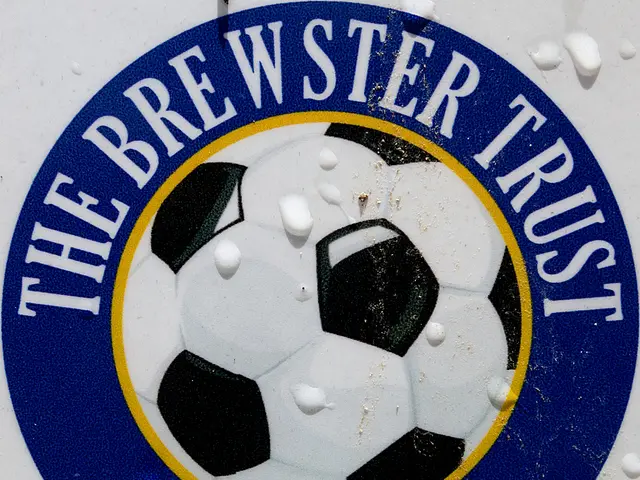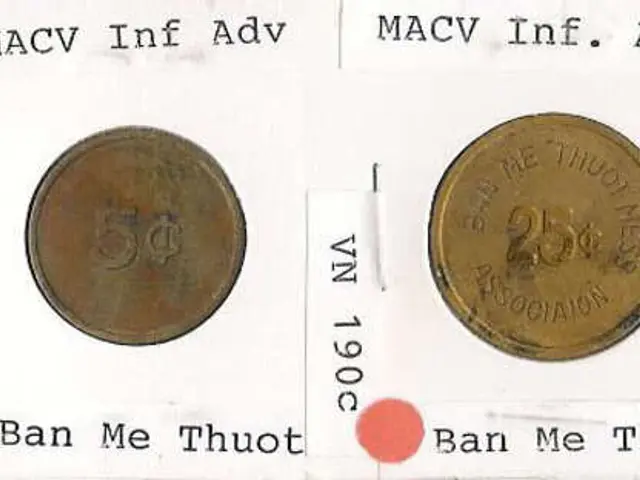Massive Proposition Targets Casino Tax Reduction, potentially adding $300 million to MGM and Caesars' coffers
In the world of gambling, a significant change is on the horizon. As of January 1, 2026, the new tax law will only allow gamblers to deduct up to 90% of their gambling losses against their winnings, down from the previous 100%[1][2]. This shift could have potential implications for major casino operators like MGM and Caesars, as well as for slot players and tip-dependent workers.
MGM and Caesars, renowned for their extensive casino operations, could face potential impacts due to this change. High-rollers and professional players, who are significant contributors to their revenues, will effectively pay more taxes on their gambling winnings. However, the exact potential savings for these companies due to this tax change are not explicitly detailed in the search results. The law is expected to raise $1.1 billion in federal revenue over ten years from taxed "phantom income" by limiting loss deductions[1].
Slot players may find themselves bearing a higher tax burden since they can no longer deduct 100% of their losses. This could potentially reduce their net winnings after tax[1][2]. Tip-dependent workers, such as dealers and waitstaff, could be indirectly impacted because fewer taxed winnings could lead to lower gambling volume and thus less tipping. While this linkage is implied rather than explicitly stated in the data, it's a concern that warrants attention.
On the political front, there is momentum to reverse the new gambling tax deduction limit. A top House GOP appropriator has pledged to reverse the change following discussions with gaming CEOs during a Las Vegas field hearing[4]. Additionally, Congresswoman Dina Titus and others have been involved in bipartisan legislative efforts relating to gambling tax rules, such as increasing IRS reporting thresholds which could ease some burdens on players[3].
At the forefront of the iGaming content world is Lucas Michael Dunn, a prolific writer with over 8 years of experience. With a background in psychology and painting, Dunn is an advocate for responsible play. His content aims to educate readers on the best gambling approaches, focusing on empowering players to make informed choices. Dunn is a specialist in game and casino reviews, industry news, blogs, and guides, beyond the realm of iGaming, his work emphasizes a balance between thrill and informed decisions[5].
In this evolving landscape, the debate over the new gambling loss deduction limit continues. With the potential economic impact on the Las Vegas casino ecosystem and the concerns of gamblers and casino workers, it remains to be seen how the situation will unfold in the coming years.
References:
- New Gambling Tax Law: What You Need to Know
- Gambling Losses: New Tax Laws Affect Your Deductions
- Bipartisan Bill Aims to Ease Burden on Gamblers
- House GOP Pledges to Reverse New Gambling Tax Deduction Limit
- Lucas Dunn: The iGaming Content Expert
- Renowned casino operators like MGM and Caesars, based in Las Vegas, could encounter significant financial changes due to the new gambling tax law.
- The alteration in tax laws could affect not only the casino-and-gambling industry but also various individuals, such as slot players and tip-dependent workers, who may experience reduced net winnings after tax.
- In the midst of this evolution, a debate persists over the new gambling loss deduction limit, with politicians, such as a top House GOP appropriator and Congresswoman Dina Titus, aiming to reverse the change or ease burdens on players through legislative efforts.






